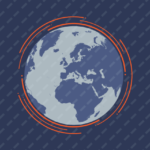
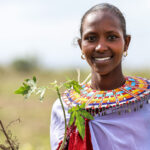
Ipas partnered with local group PACIDA to tackle the impacts of climate change on reproductive rights. The solutions—generated by the people most affected—are helping build resilient communities.
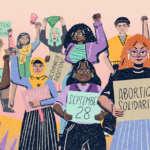

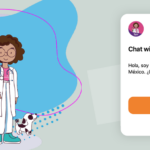

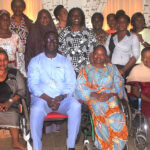
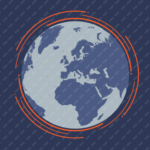
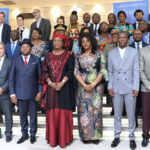


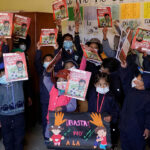
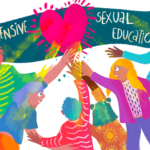
New research from Ipas and Political Research Associates finds that bisexual and pansexual young people feel vastly underserved by comprehensive sexuality education (CSE) programs—but they also have many recommendations for how to improve the situation.
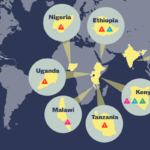
The U.S. Supreme Court overturned Roe v. Wade one year ago. Since then, millions of Americans have lost access to abortion. Ipas’s global network has also seen a ripple effect around the world, with impacts in many of the countries where we work.
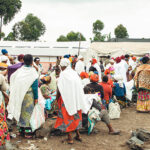
As a devastating armed conflict forced thousands of displaced people to gather in camps outside Goma in the Democratic Republic of Congo (DRC), the Ipas DRC team knew sexual and reproductive health services that included abortion were desperately needed. In the spirit of their tagline, “Makoki ya Mwasi,” a Lingala term that loosely translates as “the rights of women,” Ipas DRC refused to let a lack of funding deter them. They only had enough resources for 10 days of services, but worked around the clock to launch a mobile clinic and make every second count for the women and girls who needed them.

